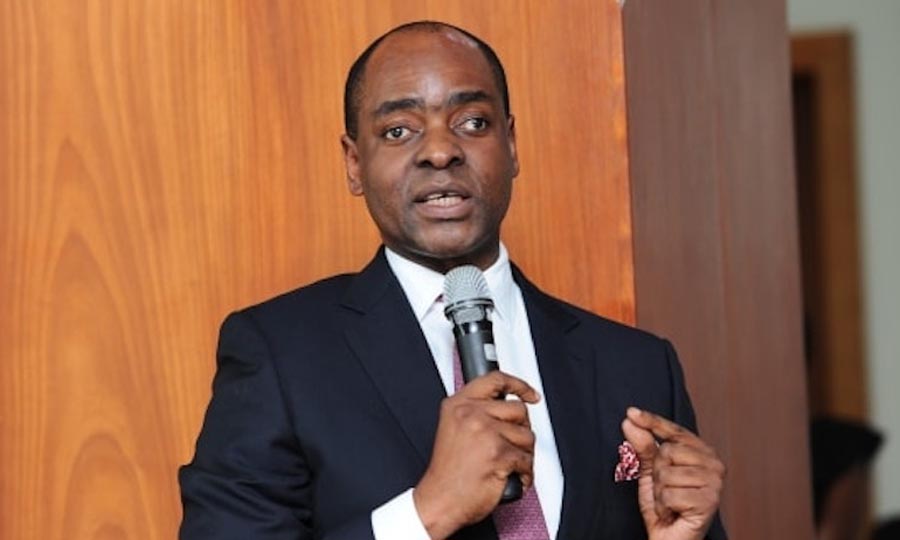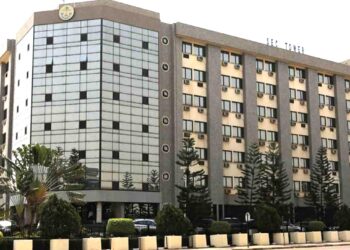If Nigeria is to make up for the infrastructural deficit in the country, the government should consider resorting to bonds rather than loans for infrastructural financing.
Structuring all transactions in a local currency, rather than dollars, would help to drive infrastructural development at a greater speed.
These were some of the suggestions made by Mr. Bolaji Balogun, Chief Executive Officer, Chapel Hill Denham, while speaking on the theme: “Financing Infrastructure Development in Nigeria – Challenges, Opportunities and the Way Forward,” at the virtual Financial System Strategy (FSS) 2020 Pension Sector Second Quarter Forum.
Balogun noted that driving infrastructural development would start by creating an enabling environment and embracing private capital.
“Only if investment in infrastructure grows from 15% to 18% a year, we can reach 8% economic growth,” he said.
He advised that structuring the financing through the capital markets to ensure that the transactions are bankable, and the costs reflect reality.
(READ MORE: U.S.A calls for an independent probe of AfDB president, Akinwumi Adesina)
Balogun noted that the country would experience a boost in financial inclusion, improvement in the balance of trade, long-term macro, and price stability with a well-developed infrastructure.
Other gains of well-developed infrastructure, according to him, are greater production competitiveness, enhanced housing, significant import substitution, and robust pensions.
Mr. Effiok Ekpenyong, Head, Investment Management Department, Securities and Exchange Commission (SEC), in his presentation, stated that the capital market apex regulator has existing regulations and guidelines that would help participants in infrastructure development.
He also called for collaboration among the agencies to remove regulatory bottlenecks and build capacity for the country to achieve expected growth and development.
(READ MORE: Meet Dr. Lamido Yuguda, the new SEC DG)
Crowdfunding for infrastructure
In his presentation, Mr. Chinua Azubuike, Chief Executive Officer, InfraCredit, called for crowdfunding domestic credit and public-private partnerships for infrastructural development.
This was in line with an earlier presentation from Mr. Chidi Izuwah, Director-General, Infrastructure Concession Regulatory Commission (ICRC), who stated that the government alone cannot provide the needed infrastructure for economic growth and development.
READ ALSO: Senate moves to upgrade ibadan Airport
Also speaking at the online forum, Mr. Farouk Aminu, Head, Investment Services Department, National Pension Commission, stressed the need for creating infrastructure instruments that would attract Pension Fund Administrators (PFAs) to the market.
He opined that the diversification of investment products would boost PFAs participation in infrastructure development, thus hastening Nigeria’s infrastructural development.

























Any opinion that suggest local Financing of infrastructure through capital markets would enhance economic growth should be supported by data. If you said local bond would deepen the capital markets, I concur however Financing decision for infrastructure investment has to consider different primitives in context. The cost of Finance, exchange rate & tenor of Finance are variables to consider in deciding on foreign or Local Financing.